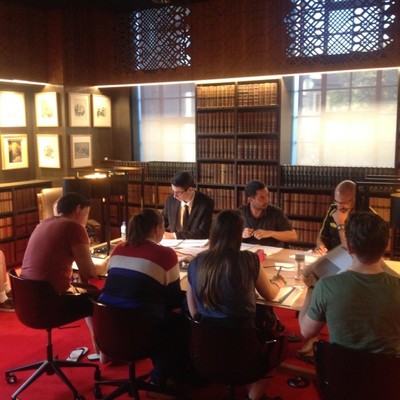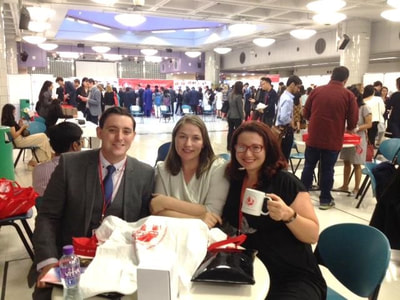The Vis Moot is a competition for law students to learn about international commercial law and arbitration. Teams write memoranda and argue cases before arbitration practitioners and academics. The dispute is resolved under the UN Convention on Contracts for the International Sale of Goods. Teams are paired with teams from different legal cultures to learn from each other.
To find out more about this competition and whether this competition is running, contact [email protected]
To find out more about this competition and whether this competition is running, contact [email protected]




